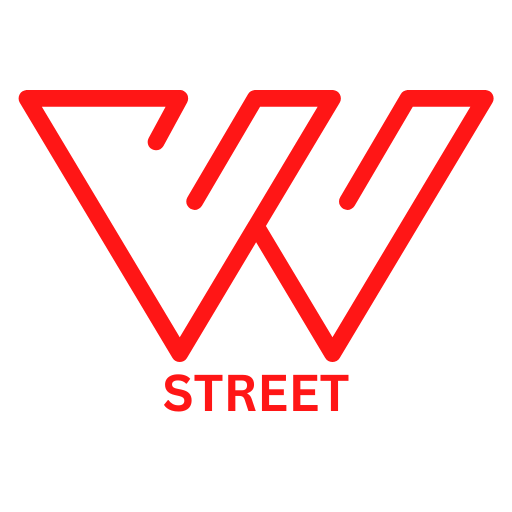In the ever-growing world of digital education and corporate training, Learning Management Systems (LMS) have become essential tools. As organizations seek customization, scalability, and control, deployment options become a critical consideration. This article explores the deployment options for the top five LMS platforms: Moodle, Canvas, Blackboard, TalentLMS, and SAP Litmos.
Moodle
Moodle is one of the most popular open-source LMS platforms worldwide. Its flexible design allows institutions and companies to choose how they want to deploy it:
- Self-Hosted On-Premises: Organizations can download Moodle for free and install it on their own servers. This option provides full control over data, customization, and system integrations.
- Cloud Hosting (MoodleCloud): Moodle offers a cloud-based version, known as MoodleCloud. This SaaS option is ideal for institutions looking for a managed, low-maintenance solution.
- Third-Party Hosting Partners: Moodle has a network of certified service providers who offer specialized hosting, support, and custom development services.
[ai-img]moodle dashboard, online learning, course management[/ai-img]
Canvas LMS
Canvas by Instructure is widely adopted in higher education and offers flexible deployment methods to suit various needs:
- Cloud-Based (SaaS): The most common deployment for Canvas is through Instructure’s cloud platform. This option includes automatic updates, 99.9% uptime, and scalability.
- Open-Source Self-Hosting: Canvas offers an open-source version called Canvas LMS Community Edition. Institutions can host this on their own infrastructure for more control, though it requires regular maintenance.
Blackboard Learn
Blackboard Learn remains a dominant LMS in the academic sector and has evolved to offer multiple deployment options:
- Blackboard SaaS: Hosted on Amazon Web Services (AWS), this version is fully managed by Blackboard and provides scalability, high availability, and rapid updates.
- Managed Hosting: Blackboard also offers managed hosting on dedicated servers maintained by the company, ideal for institutions not ready to transition to full SaaS.
- Self-Hosted: Traditionally, Blackboard was self-hosted. While this is becoming less common, some institutions still maintain on-premises deployments for complete control.
[ai-img]blackboard interface, learning tools, education technology[/ai-img]
TalentLMS
Designed with corporate training in mind, TalentLMS is known for its user-friendliness and versatility. Deployment options include:
- Fully Cloud-Based: TalentLMS operates on a Software-as-a-Service model hosted in the cloud. There’s no need for installation or hardware, making it ideal for small to medium-sized businesses.
- Custom Domain Hosting: While there’s no self-hosted version, users can create a branded experience using a custom domain and branding features.
SAP Litmos
SAP Litmos is focused on enterprise-grade solutions and large-scale corporate training. Its deployment model is straightforward:
- Cloud-Only: SAP Litmos is delivered exclusively as a SaaS solution. This cloud-only model supports global scalability, enterprise security, and seamless integrations with other SAP products.
While it does not offer self-hosting, the platform includes mobile capabilities, real-time analytics, and an extensive course library tailored for corporate settings.
Conclusion
Choosing the right LMS deployment depends greatly on an organization’s size, technical expertise, and compliance needs. Self-hosted solutions like Moodle and Canvas Community Edition offer unmatched control and flexibility. Meanwhile, cloud-based systems like TalentLMS and SAP Litmos provide rapid deployment, scalability, and minimal maintenance. Blackboard provides hybrid models that cater to various stages of digital transformation.
Frequently Asked Questions (FAQ)
- Q: Which LMS offers the most flexibility in deployment?
A: Moodle stands out for its flexibility, offering both self-hosted and cloud-based options with extensive customization capabilities. - Q: Are there open-source versions of these LMS platforms?
A: Yes, Moodle and Canvas both offer open-source versions that can be self-hosted. - Q: What is the difference between managed hosting and SaaS?
A: Managed hosting involves dedicated servers maintained by the provider, while SaaS implies fully cloud-hosted solutions shared across a scalable infrastructure. - Q: Is a cloud-only LMS secure enough for enterprise use?
A: Yes, cloud-based LMS options like SAP Litmos and TalentLMS incorporate enterprise-level security measures including encryption, compliance, and user access control. - Q: Can smaller organizations use enterprise LMS platforms?
A: Some enterprise LMS platforms offer scaled-down pricing tiers and features for small to medium-sized businesses. However, platforms like TalentLMS may offer a better cost-to-benefit ratio for smaller teams.

